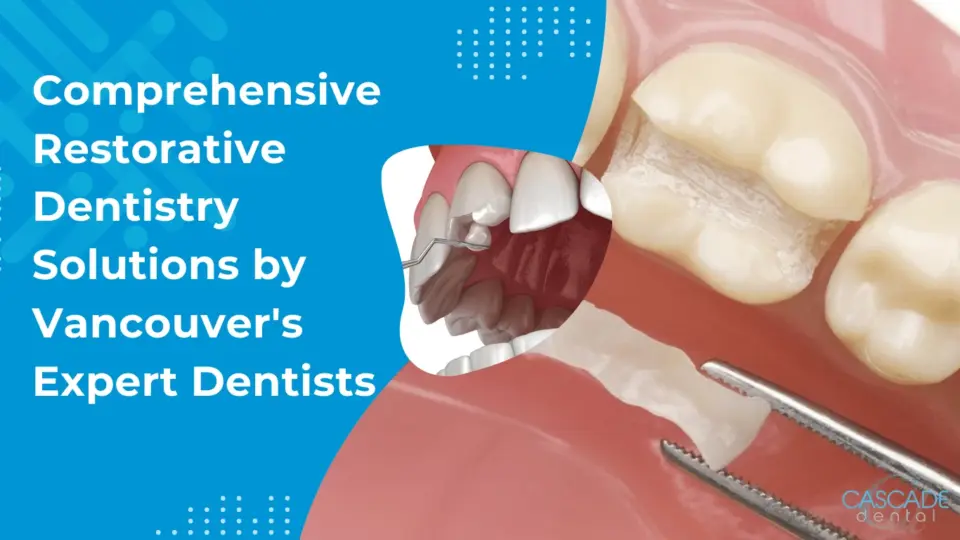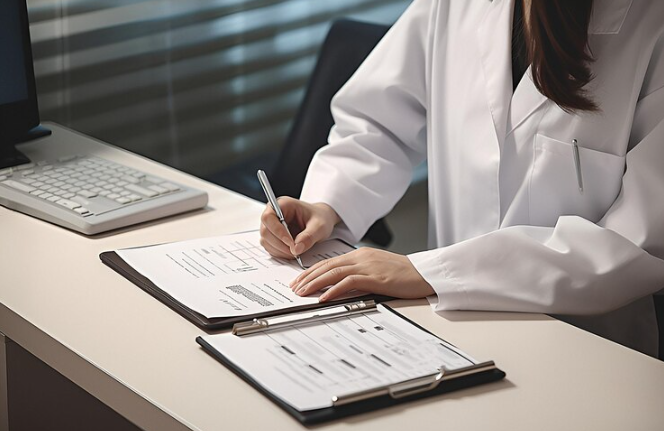
Space exploration is a remarkable testament to human ingenuity and our ceaseless drive to explore the unknown. Yet, as we reach farther into space, we are also forced to rethink and modify some of the most basic human activities.
Among these is the seemingly simple act of maintaining oral health. So, how do astronauts manage their dental care amidst the challenges of zero gravity?
The Importance of Oral Health in Space
Oral health is crucial both on Earth and in space. An untreated dental issue in space can be problematic, as immediate dental care is not accessible in the vast expanse of space. Additionally, potential infections arising from untreated dental problems can be a significant risk to the overall health and well-being of astronauts, especially on long-duration missions.
Challenges in Space
The absence of gravity poses unique challenges to oral care. For one, the act of rinsing one’s mouth and spitting can be complicated in a weightless environment. Floating toothpaste bubbles and water droplets might be visually enchanting, but they can be hazardous if accidentally inhaled.
Additionally, the change in bone density that astronauts experience in space, particularly in the jaw area, might have repercussions for oral health, although research in this area is ongoing.
Oral Hygiene Practices in Zero Gravity
NASA has devised specific protocols and tools to assist astronauts in maintaining their oral health in space:
- Waterless Toothpaste: Traditional toothpaste requires rinsing, which is problematic in space. Astronauts use a type of toothpaste that doesn’t require water and can be safely swallowed. This eliminates the need to spit, thus reducing the potential for floating toothpaste bubbles.
- Specially Designed Toothbrushes: Astronauts use toothbrushes equipped with a one-way valve and a small pouch of water. By squeezing the toothbrush, a small amount of water emerges, which wets the bristles. After brushing, instead of spitting out, astronauts swallow the toothpaste.
- Dietary Considerations: The astronaut diet is meticulously planned not only for nutritional needs but also for oral health. The foods are designed to be low in sugar, which reduces the risk of cavities. Additionally, the consistency of space food minimizes the chances of food particles getting stuck between teeth.
By following these protocols, astronauts can keep their oral health in check while they explore the final frontier. Although specific to space travel, many of these practices are applicable to everyday life as well—if toothpaste is easier to swallow than spit out, why not give it a try?
Maintaining good oral hygiene on Earth is important too, as regular tooth brushing and flossing can help to keep teeth clean and healthy. It’s also important to visit a dentist regularly for checkups and professional cleaning. With the help of a healthcare professional, people can monitor their oral health and catch any issues early on, allowing them to take preventive measures before they become serious problems.
Good oral hygiene is essential for a healthy lifestyle—in space and at home. Regular brushing, flossing, visiting the dentist, and eating a balanced diet are key to keeping teeth and gums in tip-top condition. With proper care and maintenance, anyone—even astronauts—can enjoy healthy smiles.
Additionally, it’s important to be mindful of the different types of products used for oral hygiene. Natural, fluoride-free toothpaste and mouthwashes are becoming increasingly popular. These products are made with natural ingredients that can help to clean teeth without causing any harm to the environment or our bodies. Opting for these products instead of regular ones is a great way to take care of one’s oral health while also being mindful of our planet.
No matter where it takes place, proper oral hygiene is key to keeping teeth and gums in great condition. Whether you’re an astronaut on a mission or simply brushing your teeth at home, taking the time to care for your mouth will pay off in the long run.
Investing in natural dental products can help keep your smile looking its best while also being mindful of the environment. With a little bit of maintenance, you can enjoy healthy teeth and gums for life.
Questions You Might Be Wondering About
Have questions about oral hygiene in space? Well, we’ve got you covered. Here are some common questions and answers about taking care of your teeth in space.
How Do Astronauts Brush Their Teeth In Zero-gravity?
- Astronauts use specialized tools and techniques to brush their teeth in zero gravity.
- They utilize a type of toothpaste that is safe to swallow. Since there’s no easy way to spit in space without making a mess, swallowing is the most feasible option.
- Astronauts are equipped with specially designed toothbrushes. These brushes have a one-way valve and a small pouch of water attached. When they squeeze the toothbrush, a small amount of water emerges, moistening the bristles.
- Due to the lack of gravity, astronauts have to be careful while applying toothpaste to the toothbrush to ensure it doesn’t float away.
What Happens To Astronaut’s Teeth In Space?
- In space, the overall bodily fluids shift towards the head due to microgravity. This can lead to increased pressure inside the head, potentially affecting the teeth and the surrounding tissues.
- The change in bone density astronauts experience in space, especially in the jaw, may have implications for oral health. There’s still ongoing research to fully understand these changes.
- As with other body parts, astronauts might experience a mild radiation exposure in space. Over time, without proper protection, this radiation can potentially affect dental health.
- It’s also worth noting that dental emergencies in space can be particularly challenging due to the lack of immediate dental care facilities.
How Do You Brush Your Teeth In Space Nasa?
- NASA provides astronauts with a protocol for maintaining their oral health in space.
- Astronauts use a special kind of toothpaste, referred to as “edible” toothpaste, that doesn’t need to be spit out. After brushing, this toothpaste can be safely swallowed.
- The toothbrush used by astronauts has a unique design. It comes with a built-in one-way valve and a pouch containing water. When the astronaut squeezes this brush, water flows onto the bristles but doesn’t flow back into the pouch. This helps to wet the brush in the absence of running water.
- Due to the challenges of floating water droplets and the potential risk of inhalation, astronauts are trained to minimize the amount of water they use and to be careful not to let it float away.
What Do Astronauts Do After Brushing Their Teeth?
- After brushing their teeth, astronauts swallow the toothpaste instead of spitting it out. This is because the toothpaste they use in space is designed to be edible and safe for consumption.
- Once they’ve finished brushing, astronauts need to carefully clean and store their toothbrushes. It’s essential to ensure that no water droplets are left floating around, as they could interfere with the spacecraft’s equipment or be accidentally inhaled.
- Keeping the oral hygiene tools clean and stored properly is crucial to prevent microbial growth, which could be a concern in the closed environment of a spacecraft.
- Additionally, astronauts might follow up their dental routine with other personal hygiene practices, like washing their face or cleansing their skin. They utilize specially designed no-rinse cleansing cloths and similar tools since the traditional methods of washing and rinsing are not feasible in space.
In conclusion, while the act of brushing teeth might seem mundane on Earth, in space, it becomes a carefully choreographed routine, balancing the requirements of personal hygiene with the constraints and challenges of a zero-gravity environment.
Through specialized tools and training, NASA ensures that astronauts can maintain their oral health effectively during their time in space. As space missions grow longer and more ambitious, continued research and innovation in this area will be vital to ensure astronauts’ health and well-being.
Are You Ready to Brush Your Teeth Like an Astronaut?
Here at Cascade Dental, we understand that visiting the dentist is not always convenient or easy. That’s why our team of experienced professionals strives to provide our patients with a convenient and comfortable experience no matter where they are in the world.


